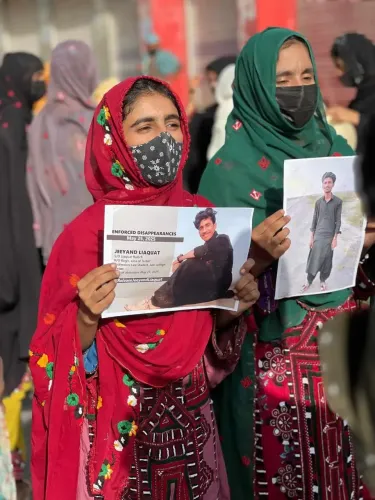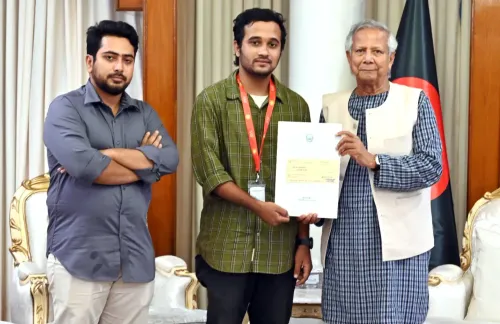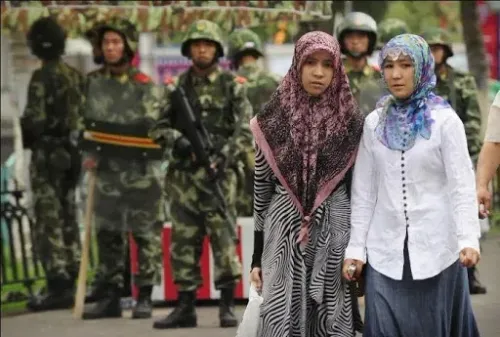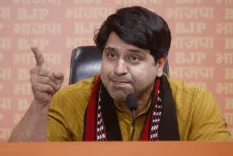Austrian Foreign Minister Assumes Role of Interim Chancellor

Vienna, Jan 10 (NationPress) Austrian Foreign Minister Alexander Schallenberg was inaugurated on Friday as the nation's interim Chancellor, succeeding Karl Nehammer who recently stepped down.
Schallenberg will manage the caretaker government while retaining his position as foreign minister until a new administration is established.
The swearing-in ceremony was officiated by Austrian President Alexander Van der Bellen, who expressed appreciation for Schallenberg's readiness to undertake this dual role during such a demanding time.
As reported by the Austrian news agency APA, Schallenberg plans to visit the European Union in Brussels early next week.
The 55-year-old diplomat has been serving as Austria's foreign minister since 2019 and briefly held the Chancellorship for approximately two months in 2021 after the resignation of former Chancellor Sebastian Kurz.
Austria entered a period of political instability after Nehammer announced his resignation over the weekend from both the Chancellorship and his role as chairman of the People's Party. His exit followed the breakdown of coalition discussions among his party, the Social Democratic Party, and the NEOS party.
On Monday, President Van der Bellen tasked Herbert Kickl, the leader of the far-right Freedom Party, with the responsibility of forming a new government. The Freedom Party secured the top position in Austria's parliamentary election in September, but had been excluded from coalition discussions with other parties.
Negotiations between the Freedom Party and the People's Party commenced on Thursday; however, Nehammer, a strong critic of Kickl, resigned from the leadership of the People's Party in response.
Though the Freedom Party has previously acted as a junior coalition partner, it has never taken the lead in an Austrian government. Schallenberg has openly declared that he would not participate in a government led by the Freedom Party.
In the parliamentary election of September, the Freedom Party obtained roughly 29 percent of the vote, surpassing the People's Party, which received 26.3 percent, and the Social Democratic Party with 21.1 percent. Despite winning the parliamentary presidency, the Freedom Party struggled to find coalition partners to establish a government.
In October, Van der Bellen instructed the People's Party to form a government. Nevertheless, coalition talks led by the party extended from mid-November until their abrupt failure, according to the Xinhua news agency.
Karl Nehammer resigned as Chancellor and chairman of the People's Party following the unsuccessful negotiations. Nehammer had consistently opposed forming a coalition with the Freedom Party under Kickl.
The People's Party then appointed Secretary-General Christian Stocker as the interim leader. Although Stocker has been a vocal critic of Kickl, he stated that his party was receptive to coalition discussions with the Freedom Party.
Stocker justified the shift, emphasizing the necessity of establishing a stable government and avoiding the inefficiency of prolonged election campaigns.









